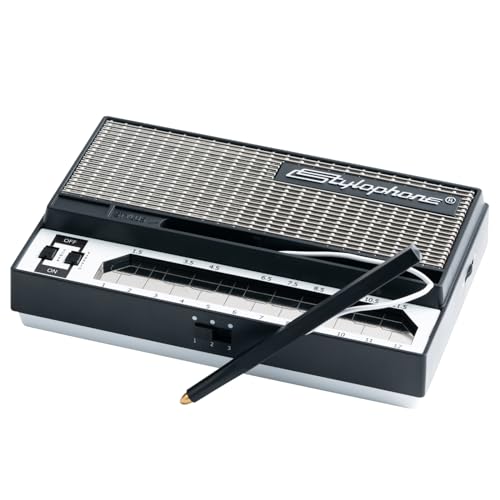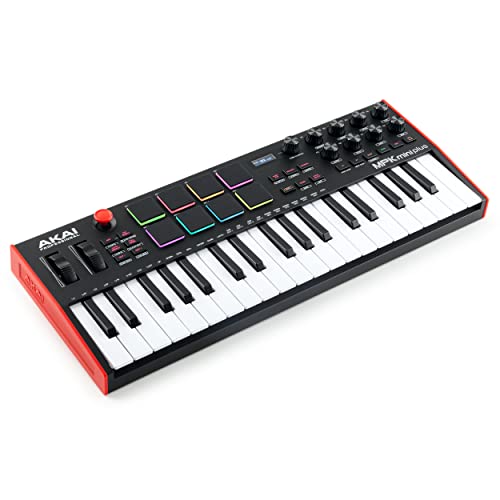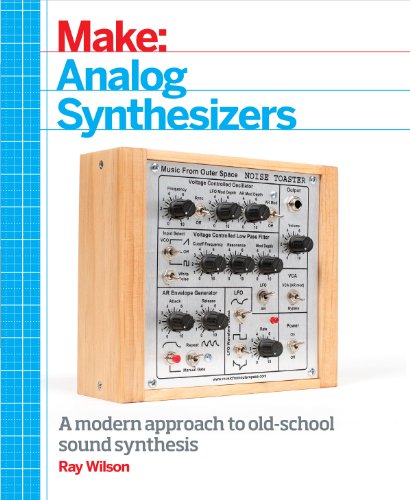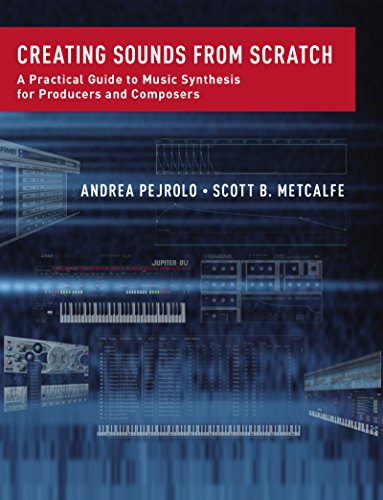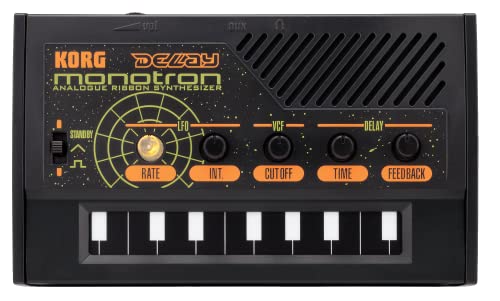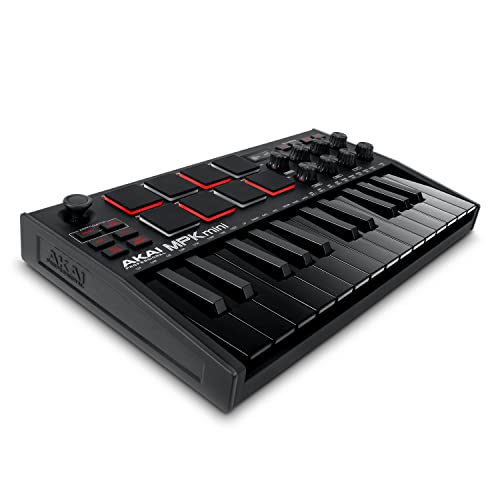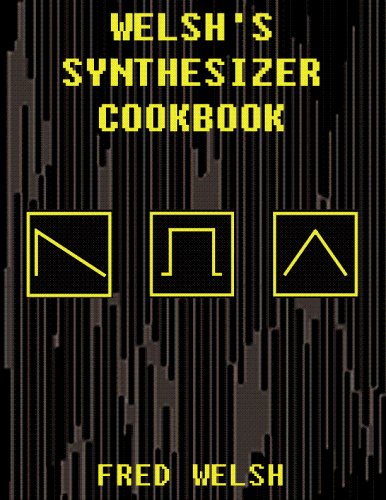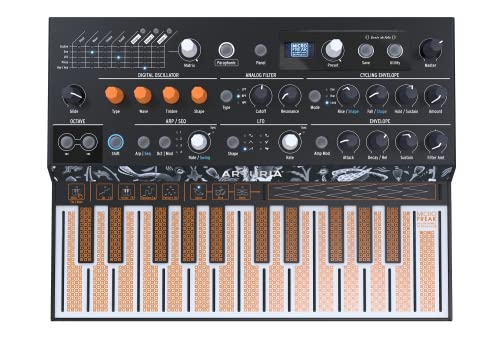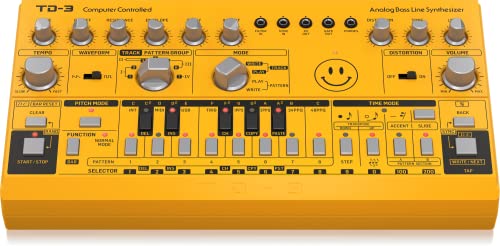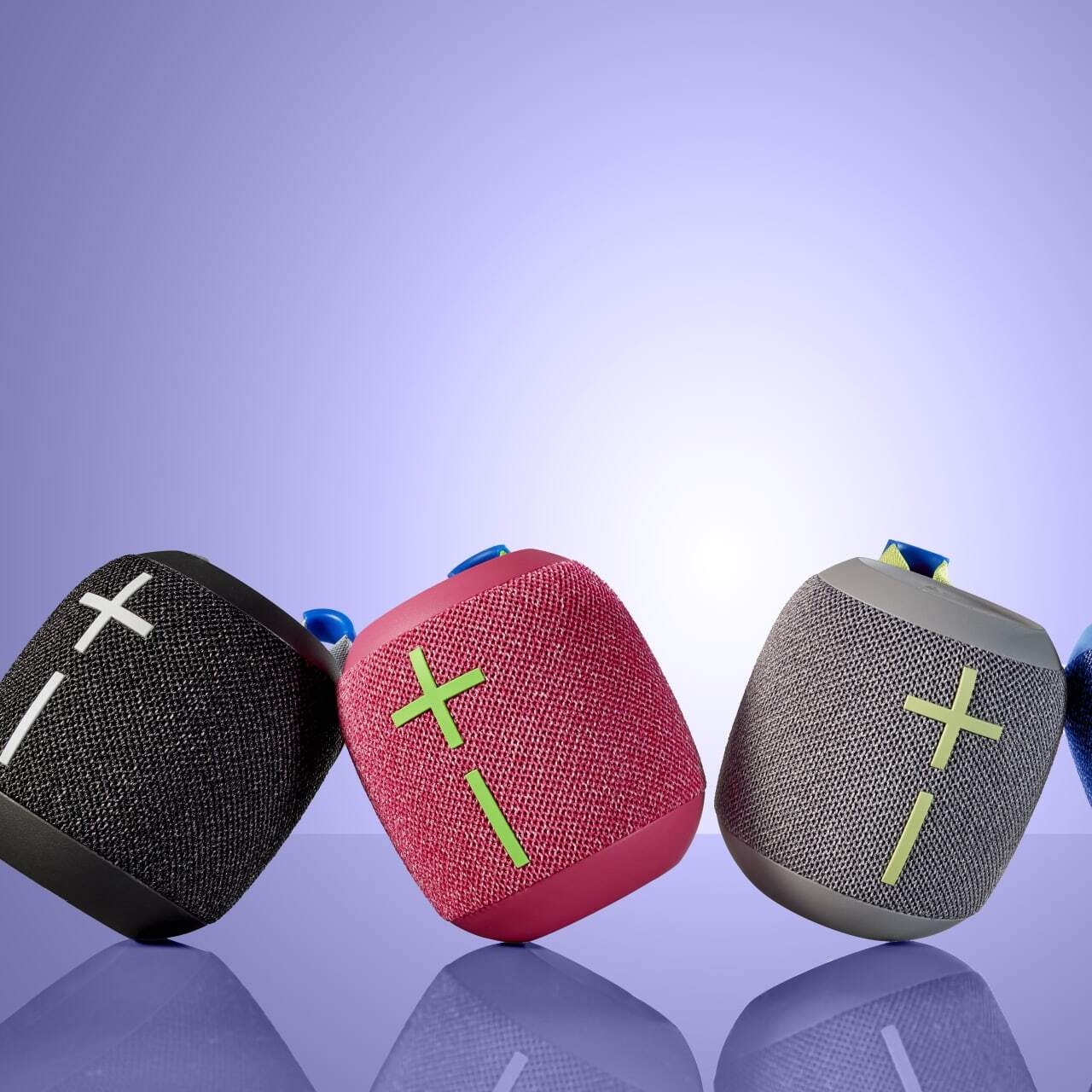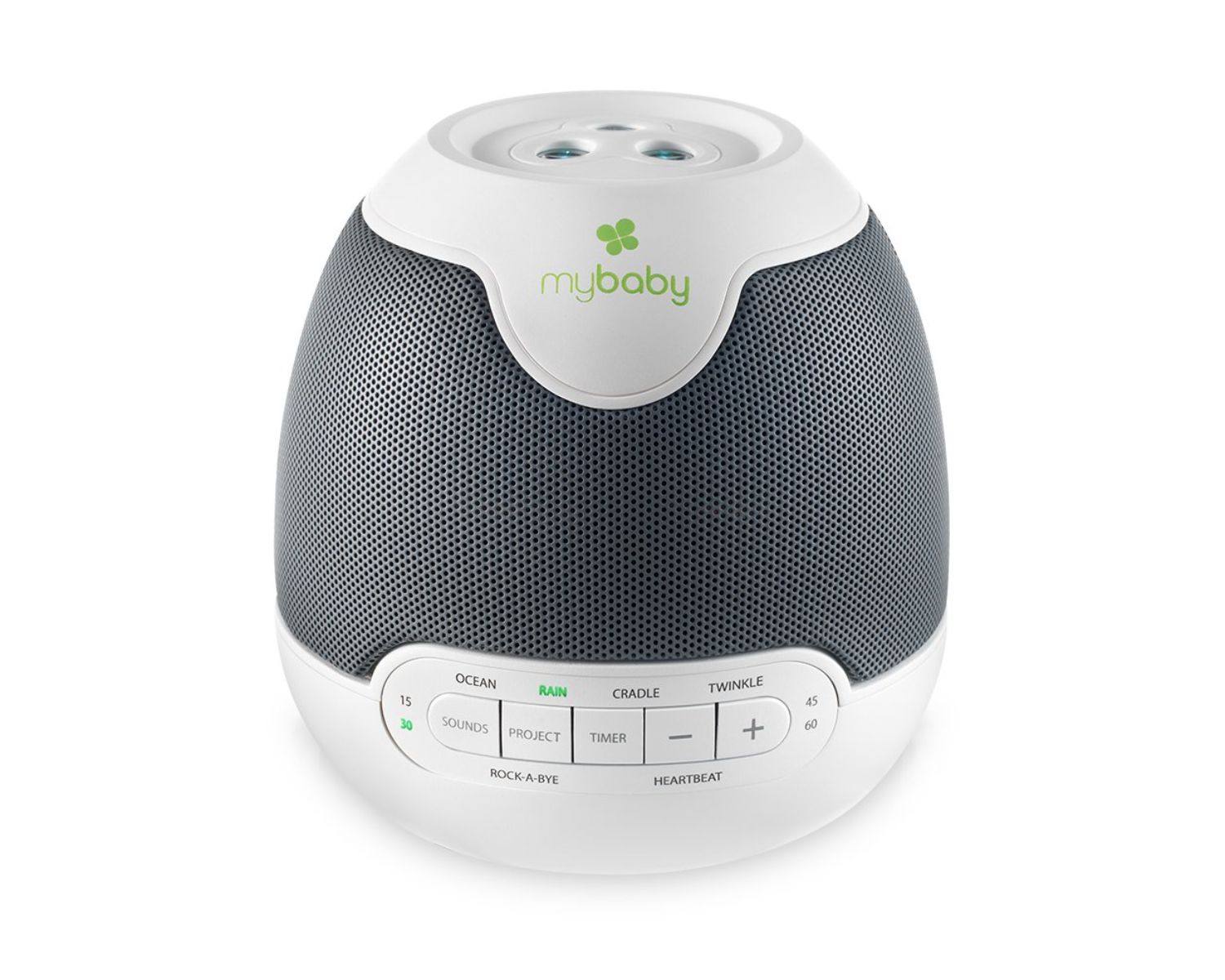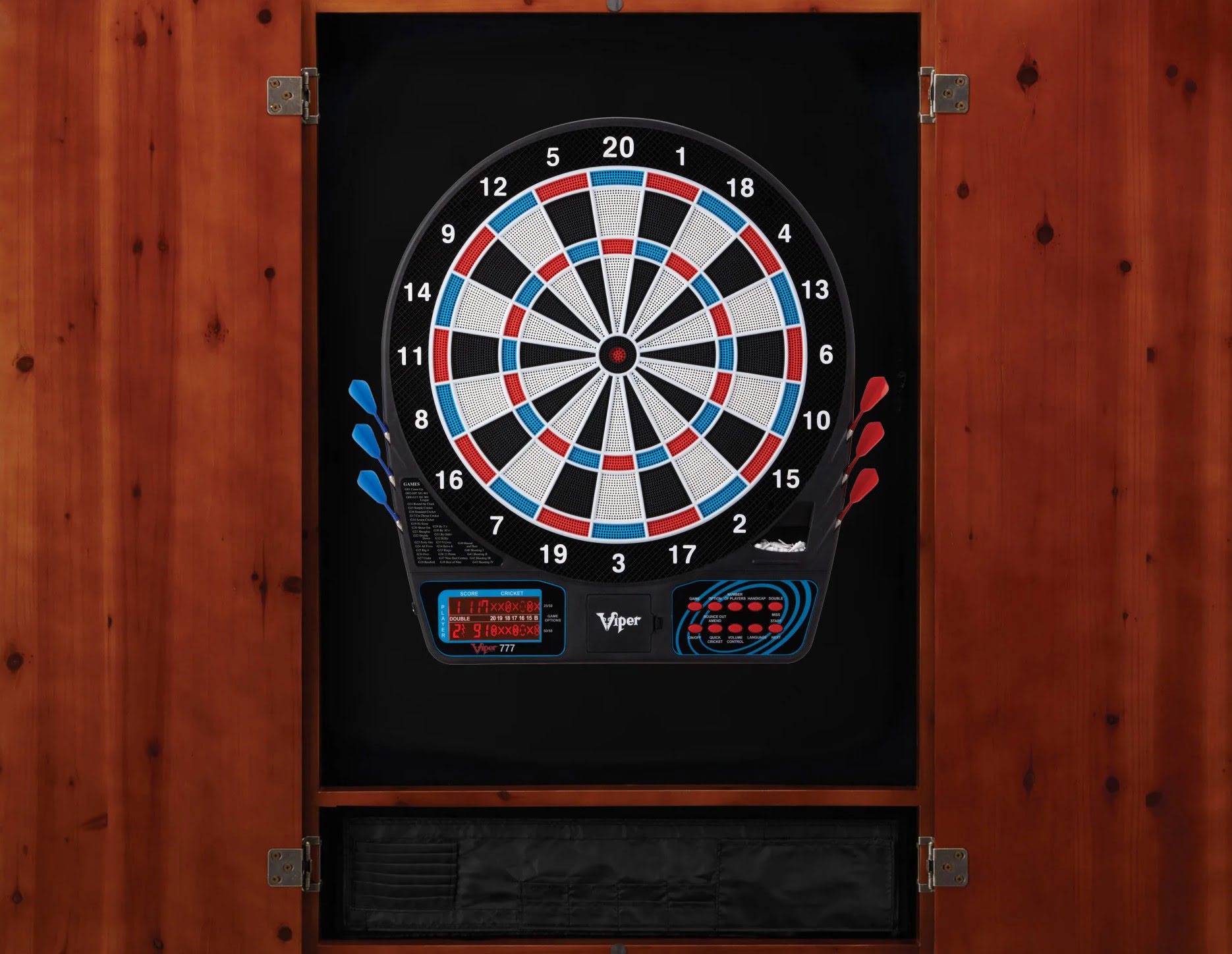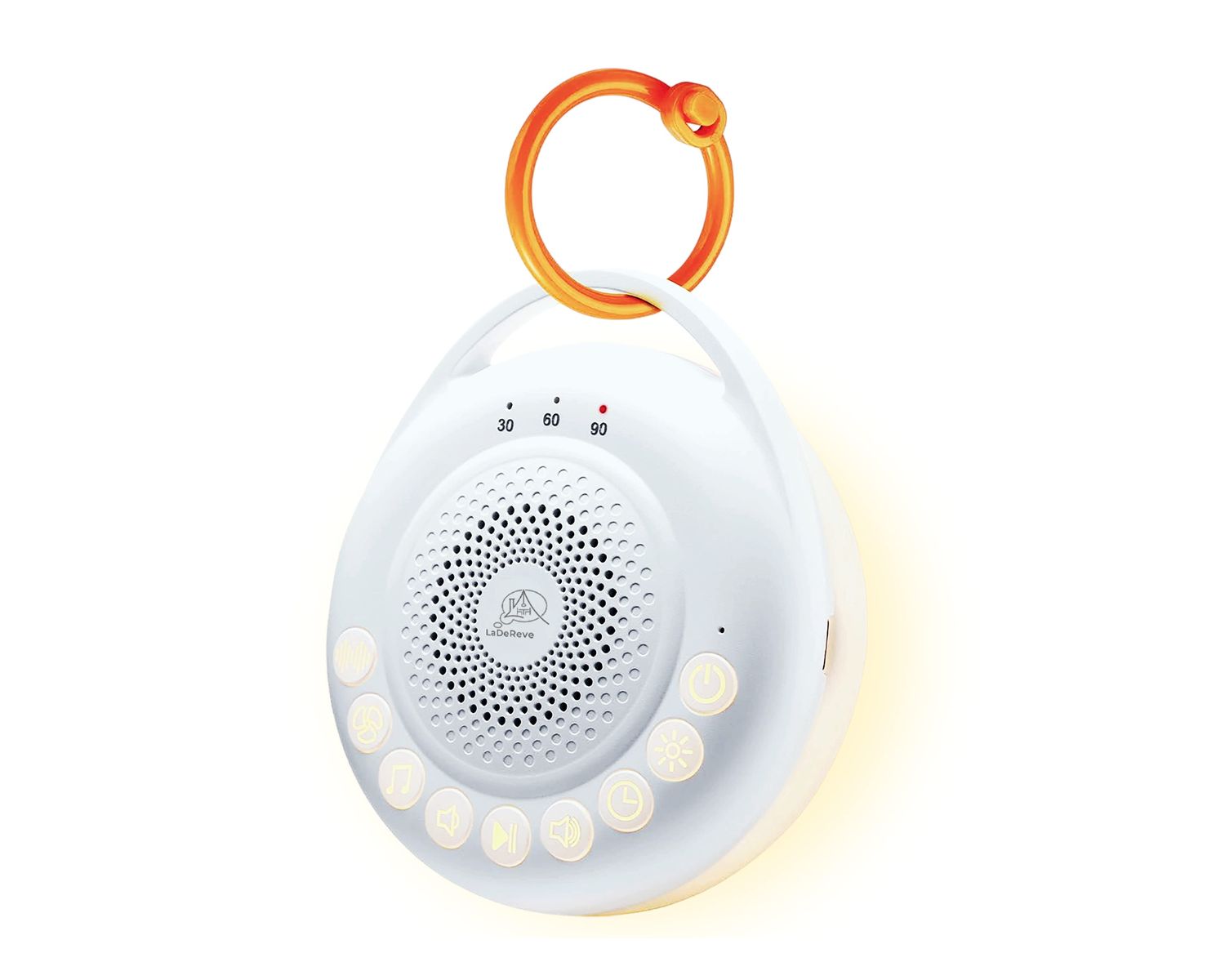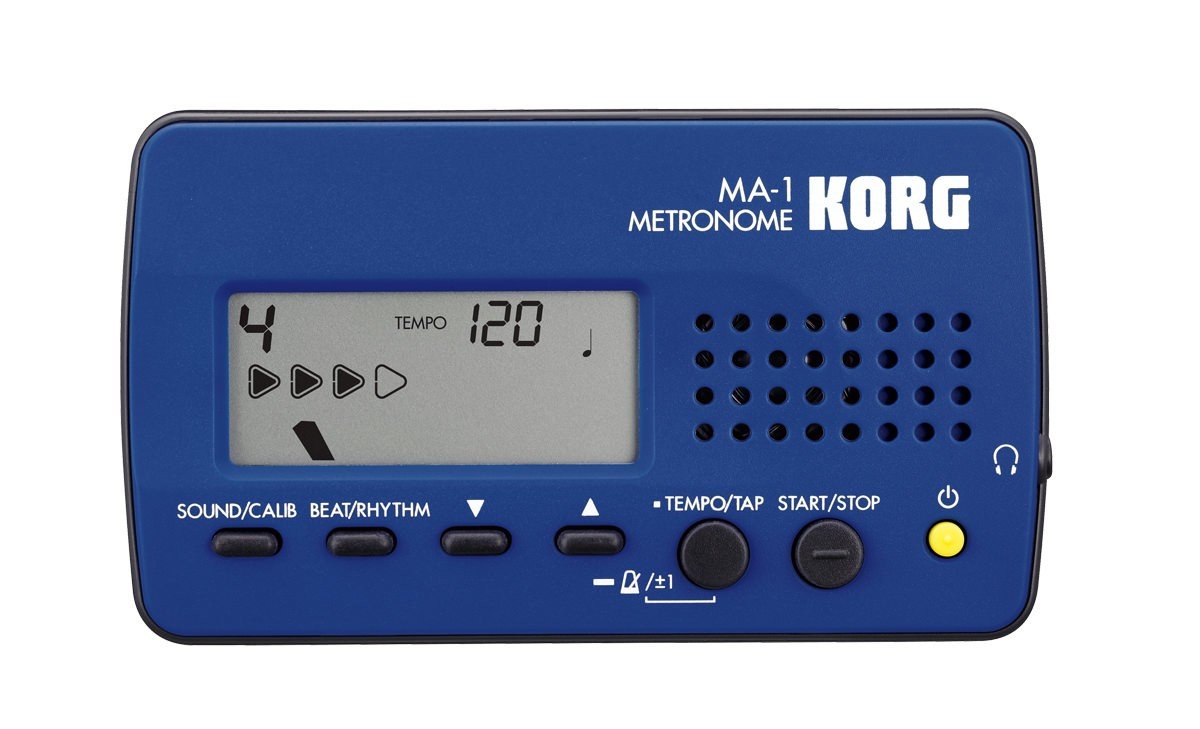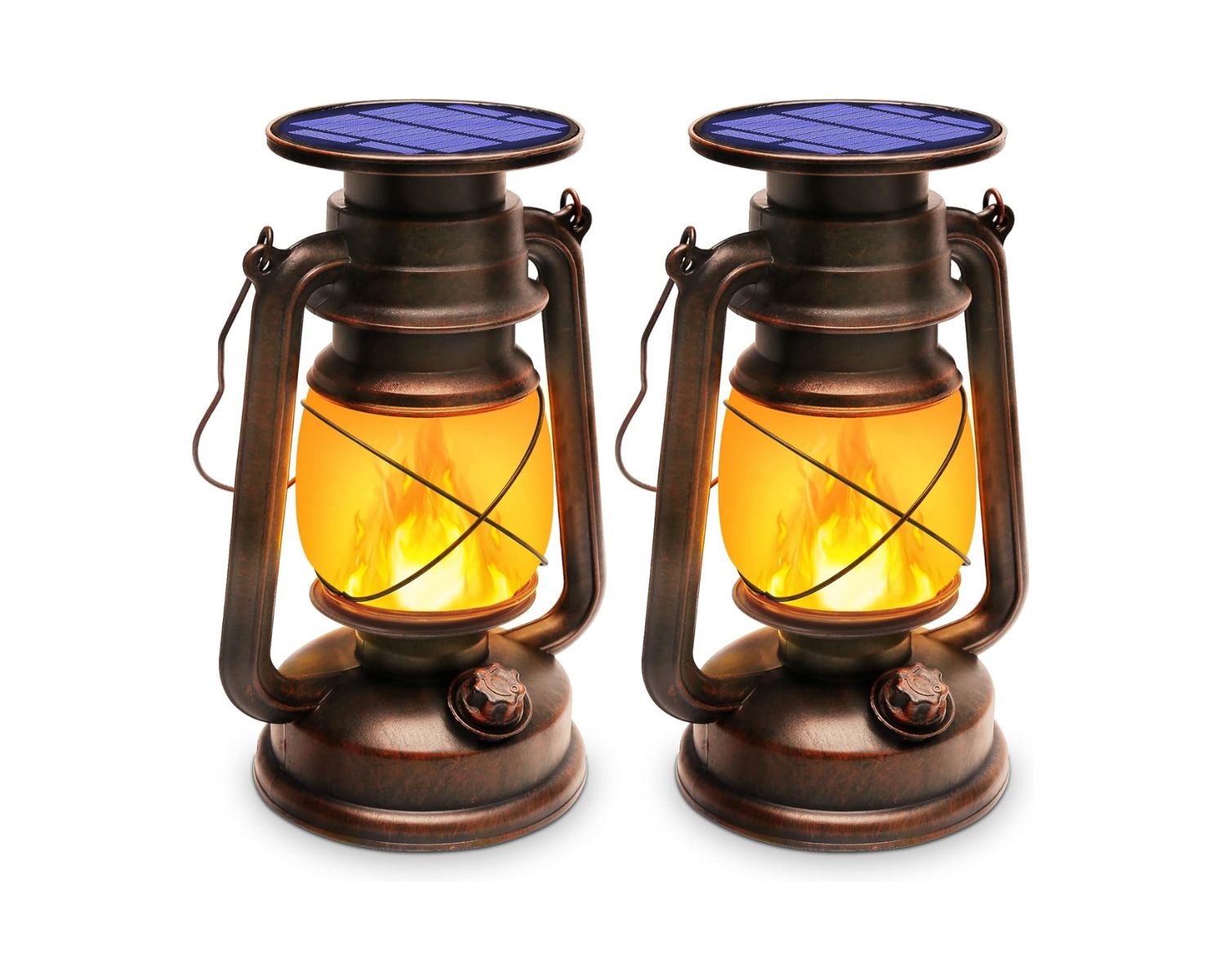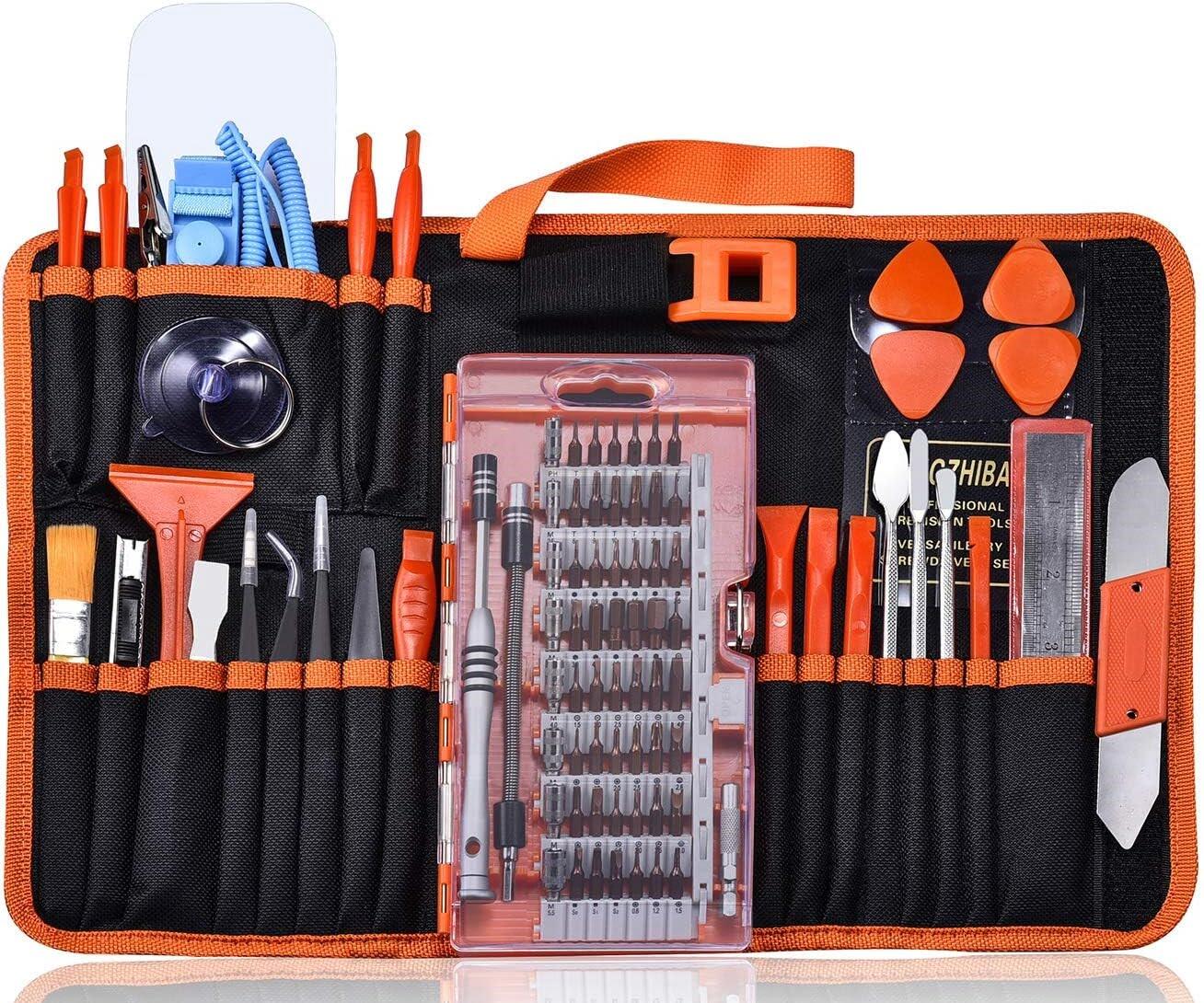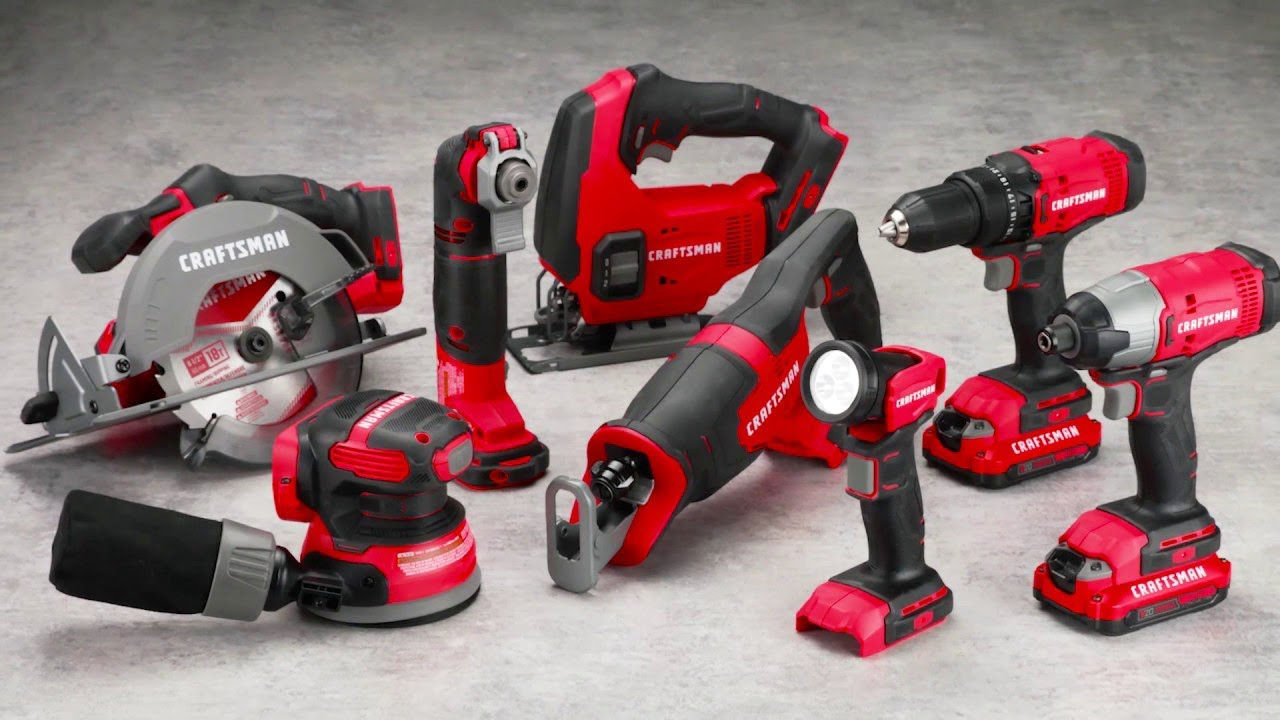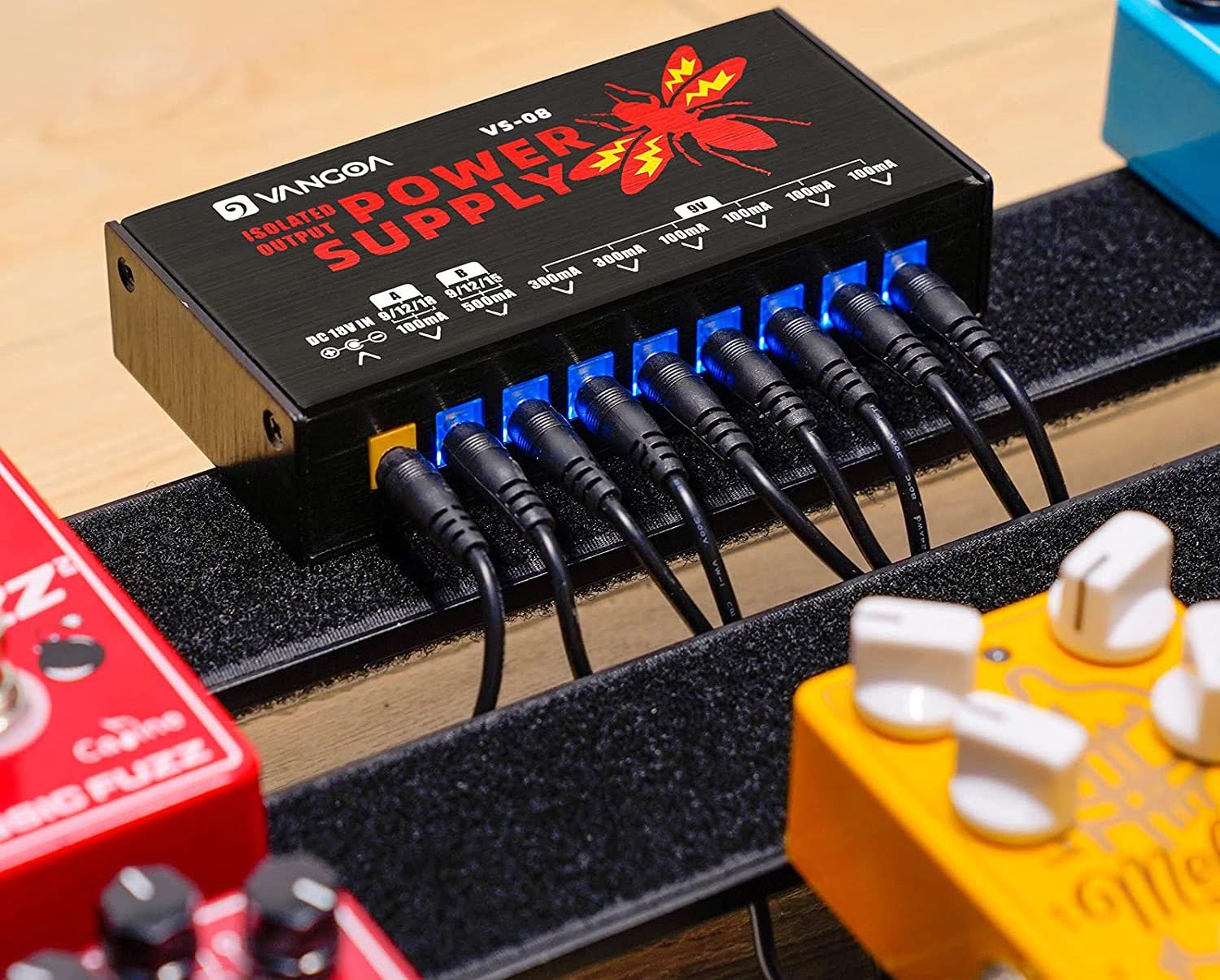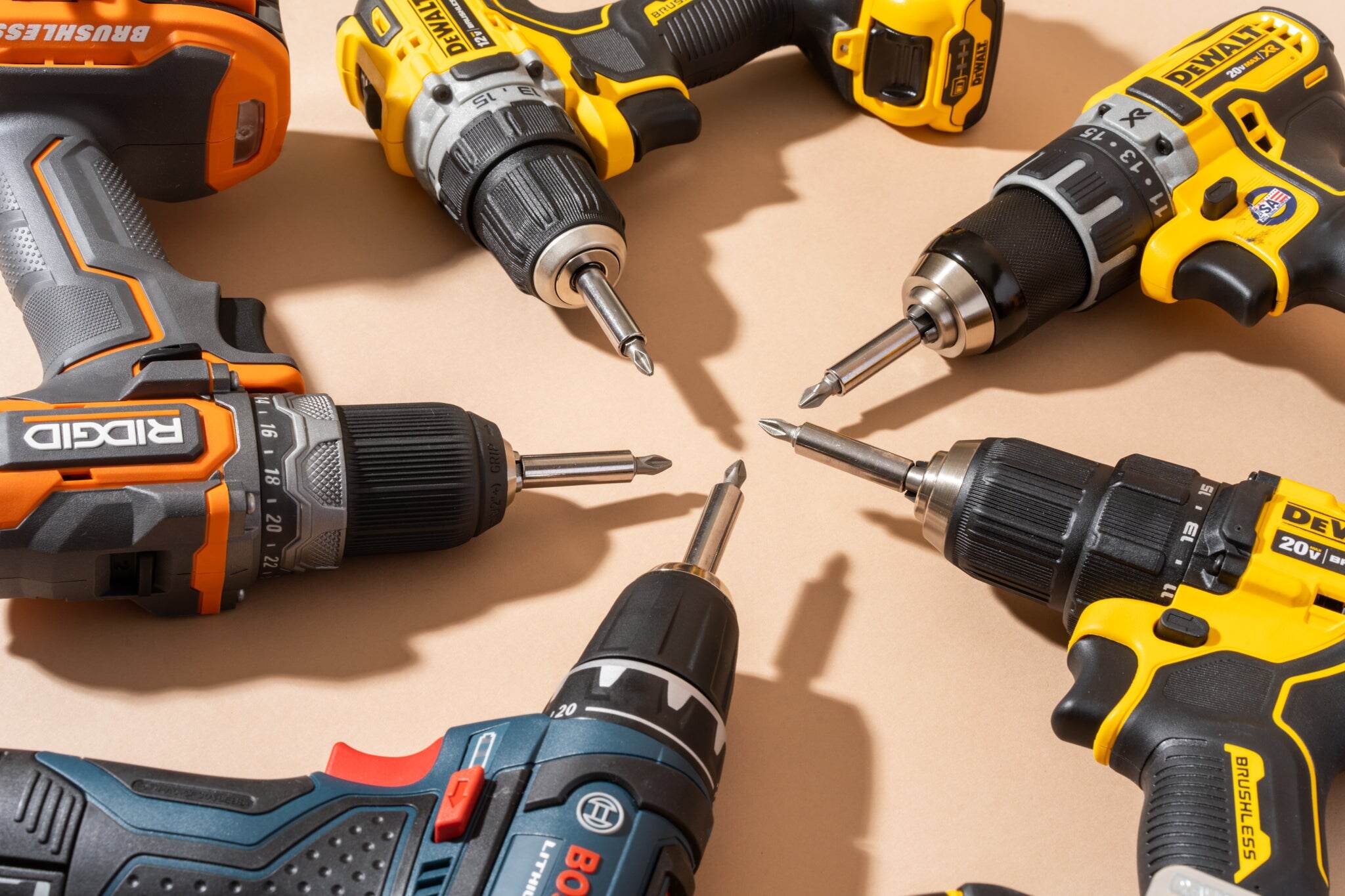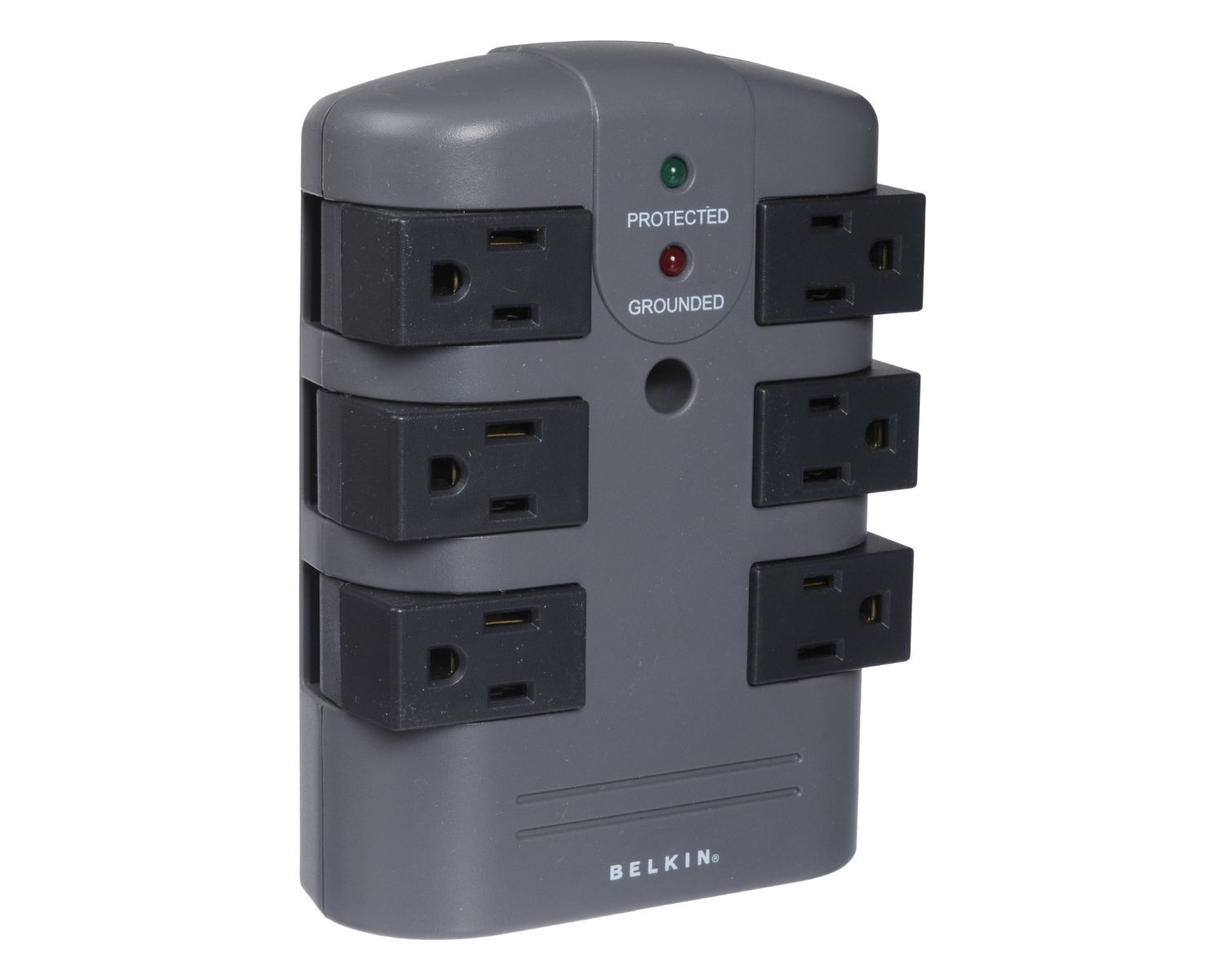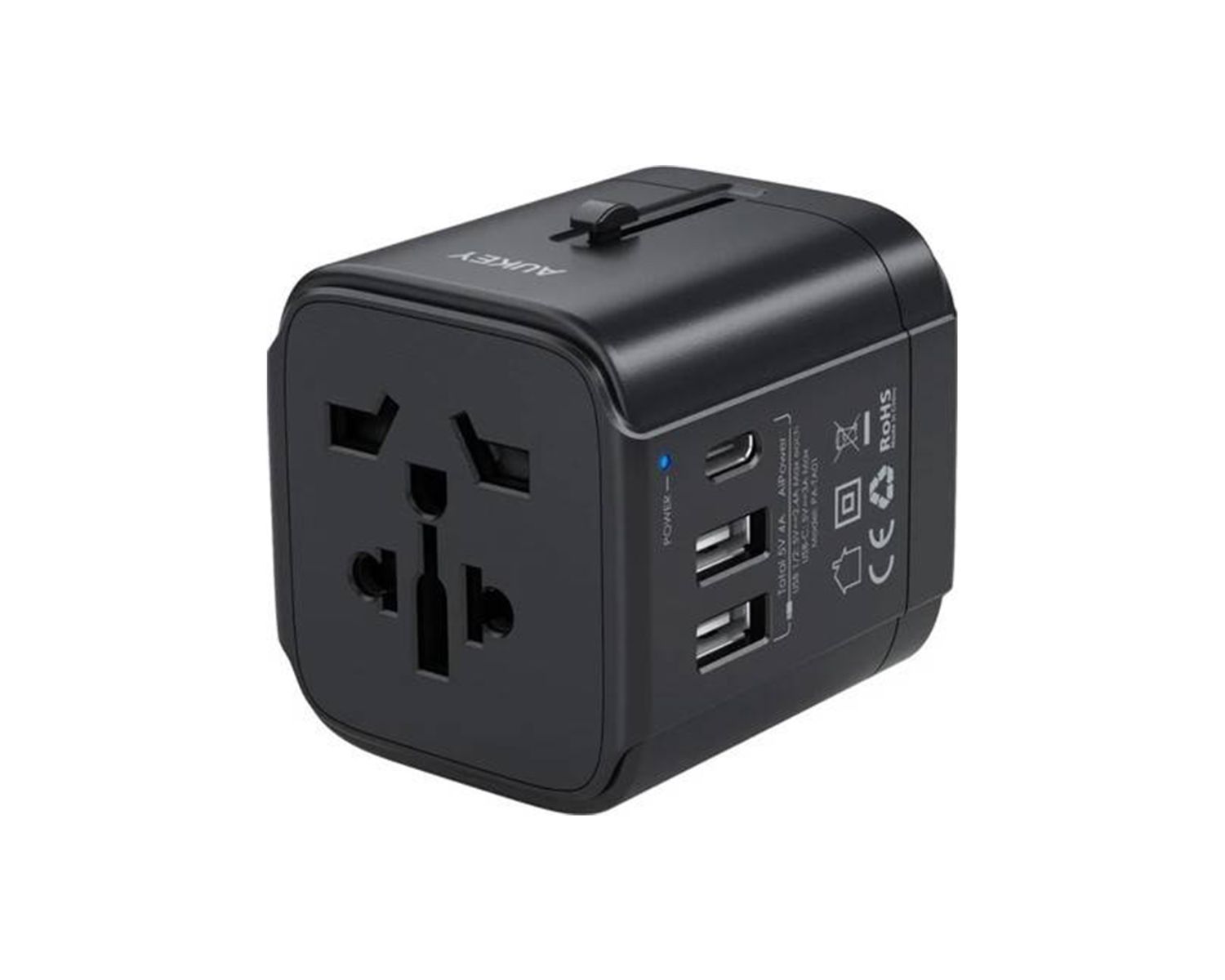Home>Gift Ideas>Synthesizer Review: Unveiling the Power of Electronic Sound
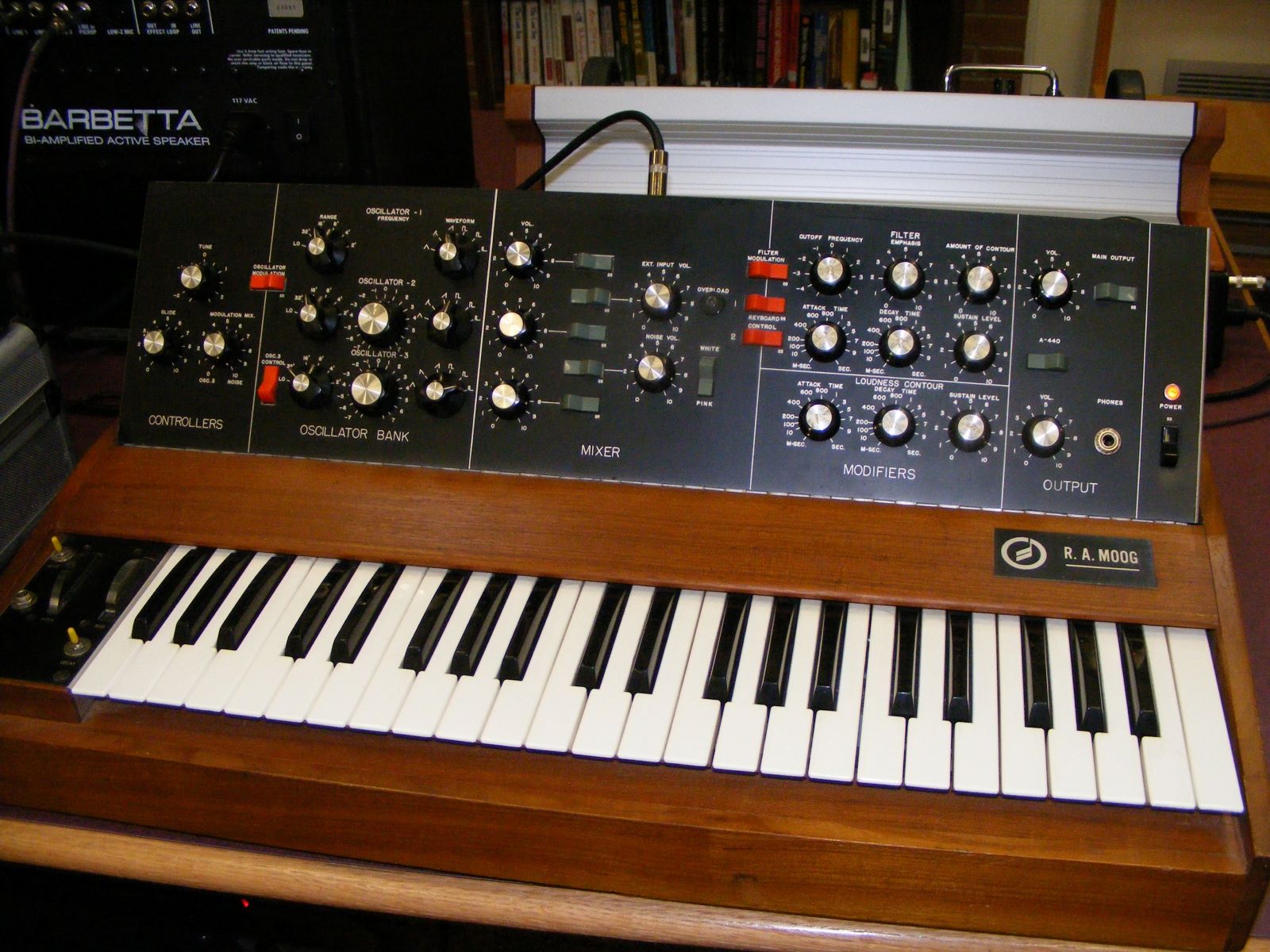

Gift Ideas
Synthesizer Review: Unveiling the Power of Electronic Sound
Published: February 19, 2024
Discover the limitless potential of synthesizers with our in-depth review. Uncover the dynamic world of electronic sound and find your perfect match.
(Many of the links in this article redirect to a specific reviewed product. Your purchase of these products through affiliate links helps to generate commission for Giftslessordinary.com, at no extra cost. Learn more)
Are you a fan of music and intrigued by the power of electronic sound? In this Synthesizer Review: Unveiling the Power of Electronic Sound, we will explore the fascinating world of synthesizers and how they have revolutionized the music industry. From creating unique and innovative sounds to enhancing musical compositions, synthesizers hold the power to transform the way we experience and appreciate music. Join us as we delve into the intricacies of these electronic instruments and uncover the endless possibilities they offer to musicians and music enthusiasts alike.
Overall Score: 8/10
The Stylophone Original Pocket Electronic Synthesizer is a recreation of the 1967 classic, offering a unique and entertaining musical experience. It features 3 octaves, an optional vibrato effect, a tuning knob, and a built-in speaker with volume control. Additionally, it includes a headphone jack and a Line Out (3.5mm). The instrument comes in a silver color and compact dimensions, making it portable. While it may have some durability and cosmetic vulnerabilities, it provides an enjoyable and educational experience, making it an ideal gift for music enthusiasts and beginners.
Key Features
- Miniature stylus operated synthesizer
- 3 Octaves, optional vibrato effect
- Tuning knob, built-in speaker with volume control
- Optional headphone jack, Line Out (3.5mm)
Specifications
- Color: Silver
- Dimension: 2.05Lx3.41Wx1.86H
- Size: H6, W12, D22 cm
Pros
- Compact and portable design
- Entertaining and educational for beginners
- Great for learning and creating unique sounds
Cons
- Durability and cosmetic vulnerabilities
- Slight difficulty in using some switches
The Stylophone Synthesizer offers an exciting and educational musical experience, perfect for beginners and enthusiasts alike. Despite some minor drawbacks, its compact design, entertaining features, and affordable cost make it a valuable addition to any musician’s collection.
Overall Score: 9/10
Get full creative control with the 37-Key MPK Mini, featuring 8 MP pads, advanced connectivity, transport section for DAW control, and included MPC Beats software. Built-in sequencer, Chords and Scales modes, and 8 assignable rotary knobs for complete command of your productions. Compatible with all major DAWs. Suitable for players of any style or genre.
Key Features
- Full creative control with 37-Key MPK Mini
- Advanced connectivity with CV/Gate and MIDI I/O
- Record and compose without a computer with 64-step sequencer
- Control your DAW with transport section
- 8 premium RGB MPC pads for dynamic performance
- Complete command with 8 assignable rotary knobs
- MPC Beats software included
Specifications
- Dimension: 7.10Lx17.90Wx2.00H
- Size: MPK Mini Plus
Pros
- Full creative control and advanced connectivity
- Record and compose without a computer
- Complete command of your productions
- MPC Beats software included
Cons
- Limited literature and tutorials for some users
- USB A connector instead of the newer USB C
- User manual could be more suited to beginners
The Akai Professional MPK Mini Plus offers an impressive array of features, advanced connectivity, and powerful software integration in a compact and affordable package. Despite some minor limitations in user guides and connectors, it provides excellent value for both beginners and seasoned music producers, making it a solid investment for anyone looking to enhance their music production setup.
Overall Score: 8/10
An excellent reference book for those interested in building their own synthesizers. The Make: Analog Synthesizers book provides a detailed breakdown of the knowledge needed to build synthesizers. It has a comprehensive step-by-step chapter detailing the building of the Noise Toaster synthesizer, op amps, and recording in digital formats at home. However, it is not entirely suitable for beginners as it may not provide sufficient introductory content. The book is also somewhat limited in scope, focusing heavily on the Noise Toaster rather than a broader range of building options.
Key Features
- Used Book in Good Condition
Specifications
- Dimension: 8.00Lx0.29Wx9.75H
Pros
- Comprehensive guide to building synthesizers
- Detailed step-by-step chapter for building Noise Toaster synthesizer
- Teaches the functions provided by each key synthesis module
Cons
- Not suitable for complete beginners
- Focuses heavily on the Noise Toaster synthesizer
The Make: Analog Synthesizers book is an excellent resource for individuals with some prior knowledge of building synthesizers. It contains valuable information and detailed instructions, particularly for the construction of the Noise Toaster synthesizer. However, it may not be ideal for complete beginners, and its focus on a single synthesizer limits its overall scope.
Overall Score: 9/10
This practical guide to music synthesis provides in-depth knowledge on sound design, making it accessible for non-engineers and beginners. It covers the history, theories, and specific sound-making techniques, with helpful examples for achieving particular sounds. Readers appreciate its thoroughness, while some find it too complex for beginners.
Key Features
Specifications
- N/A
Pros
- Thorough and accessible deep dive into sound design
- Provides a strong foundation for beginners
- Helpful examples for achieving specific sounds
Cons
- Complex for beginners without prior knowledge
- Some find it lacking in-depth information
The practical guide to music synthesis offers valuable knowledge on sound design, making it accessible even for non-engineers and beginners. While some may find it too complex, it provides thorough insights and helpful examples for achieving specific sounds.
Overall Score: 8/10
The Korg Monotron Delay Analog Ribbon Synthesizer is a pocket-sized instrument that provides various sound effects and a unique playing experience. It features a VCO with pitch control and a VCF with cutoff and peak controls. The ribbon keyboard allows for an extra-wide four-octave range and glows under blacklight. With an original MS-20 filter and built-in speaker, this synthesizer is versatile and portable. It's perfect for creating sci-fi movie sounds, experimental music, and adding distinctive effects to performances.
Key Features
- Vco: Sawtooth with pitch control
- Vcf: Cutoff and peak controls
- Space Delay: Time and feedback controls
- Lfo: Waveshape, rate, and intensity controls
- Ribbon Keyboard: Extra-wide four-octave range
- MS-20 Filter: Aux input for filter and delay application
- Speaker: Built-in for portable use
- Dimension: 6.40Lx1.60Wx9.20H
- Glowing Graphics: Visible under blacklight
Specifications
- Color: Standard
- Dimension: 6.40Lx1.60Wx9.20H
- Size: Standard
Pros
- Portable and battery-powered
- Versatile and capable of unique sound effects
- Offers a distinctive playing experience
Cons
- Lacks MIDI in-out
- Some users found it limiting for certain musical styles
The Korg Monotron Delay Analog Ribbon Synthesizer is an incredibly fun and versatile instrument. While it may have some limitations for specific genres or professional use, it excels in creating unique sounds and effects. Its compact size and built-in speaker make it an ideal tool for experimentation and on-the-go music creation.
Overall Score: 9/10
This book is a comprehensive history of Sequential Circuits, a pioneering synthesizer company. It covers the company's entire product line, along with in-depth information on the company's operations and its impact on the music industry. Filled with interesting anecdotes, photographs, and recollections from staff and musicians, this book provides valuable insights into the world of synthesizers and is a must-read for anyone interested in music technology.
Key Features
- Comprehensive history of Sequential Circuits
- In-depth information on product line
- Photos and anecdotes from staff and musicians
Specifications
- Dimension: 8.50Lx0.65Wx11.00H
Pros
- Well-written and engaging
- Valuable insights and anecdotes
- Includes photos and vintage print ads
- Thorough information on product line
- Inspires further exploration into synthesizers
Cons
- Kindle version lacks important pictures and content
- Sections on famous users' anecdotes could be edited
The Prophet from Silicon Valley is a captivating and informative book for music enthusiasts. Its wealth of information and engaging storytelling make it an invaluable resource for anyone passionate about synthesizers and music technology.
Overall Score: 9/10
The AKAI Professional MPK Mini MK3 is a 25 Key USB MIDI Keyboard Controller designed for music production and beat making. It is a USB powered MIDI controller with 25 mini velocity-sensitive keys, 8 backlit drum pads, and 8 knobs. The controller also comes with music production software and a complete starter kit. It features a 4-way thumbstick, built-in arpeggiator, and 360-degree knobs for complete control of virtual instruments and FX. The controller is compact and portable, making it perfect for both studio and live use. While its limited number of keys and small key size may be drawbacks for some users, the build quality, functionality, and sleek design make it a great option for music producers and beat makers.
Key Features
- 25 mini velocity-sensitive keys
- 8 backlit drum pads and 8 knobs
- 4-way thumbstick for dynamic pitch and modulation control
- Built-in arpeggiator and MPC Beats
- 360-degree knobs for control of virtual instruments
Specifications
- Color: Black
- Dimension: 8.40Lx14.40Wx3.00H
- Size: Mini
Pros
- Compact and portable
- High-quality build and design
- Includes MPC Beats and complete starter kit
- Sleek and modern look
- Responsive pads and keys
Cons
- Limited number of keys
- Small key size
- Challenging for larger hands
- Limited functionality for some users
The AKAI Professional MPK Mini MK3 is a powerful and compact MIDI keyboard controller designed for music production and beat making. Its impressive features, build quality, and modern design make it a great value for both beginners and experienced music producers. Although it may have limitations for some users, its portability and functionality make it a versatile tool for any studio or live setup.
Overall Score: 9/10
Welsh's Synthesizer Cookbook is a comprehensive guide perfect for anyone looking to understand synthesizer sound generation, programming, and patch design. This book provides a wealth of information on how envelopes, filters, and various patches work, making it invaluable for designing or programming a synth. The book includes detailed explanations, step-by-step tutorials, and a vast patch book to get you started. Whether you're a beginner or an advanced synth programmer, this book is an excellent resource to improve your understanding of synthesizers and create the sounds you want.
Key Features
- Comprehensive guide to synthesizer programming
- Step-by-step tutorials on patch design
- In-depth explanations of envelopes, filters, and LFOs
Specifications
- N/A
Pros
- Valuable resource for understanding synthesizers
- Great for beginners and advanced users
- Clear and engaging writing style
Cons
- Self-published feel
- Some content provided on CD, which may be inconvenient for some readers
Welsh’s Synthesizer Cookbook is a must-have for anyone interested in synthesizers, from beginners to advanced users. It provides a wealth of valuable information and practical tips for synthesizer programming. With its clear explanations and comprehensive content, this book is highly recommended for anyone looking to delve into sound design and creative music making.
Overall Score: 9/10
The Arturia MicroFreak Synthesizer Keyboard is a compact and innovative instrument that combines physical modeling and wavetable synthesis to create unique sounds. With 25 keys and a printed circuit board, this synth can track notes with lightning speed and detect pressure. It features 17 paraphonic oscillator modes, innovative sequencer functions, and a 5×7 modulation matrix. The MicroFreak has 17 oscillator types, multiple connectivity options, and offers great sound design potential. Although the case is less robust than other products, the sound quality and presets are impressive. The synth is versatile and has a wide array of sounds, making it a great addition to any synth enthusiast's collection.
Key Features
- Hybrid synth with digital oscillators and analog filters
- Printed circuit board keyboard with pressure detection
- Record automations and edit notes per step
- 17 paraphonic oscillator modes and 17 oscillator types
- Multiple connectivity options including USB and MIDI
Specifications
- Color: Black
- Dimension: 12.20Lx9.20Wx2.20H
Pros
- Versatile and innovative sound design potential
- 17 unique oscillator types with multiple modes
- Multiple connectivity options including USB and MIDI
Cons
- Less robust plastic case
- Limited effects and no built-in speakers
The Arturia MicroFreak Synthesizer Keyboard offers a vast range of innovative features and a unique sound design potential. Despite some build quality issues, the synth’s versatility and wide array of sounds make it a great value for any synth enthusiast. With its compact size and impressive capabilities, the MicroFreak is an excellent addition to any audio arsenal.
Overall Score: 8/10
The Behringer TD-3-AM is a powerful analog bass line synthesizer with true analog circuitry for bass and groove sounds. Its authentic reproduction of original circuitry with matched transistors provides a pure analog signal path based on legendary VCO, VCF, and VCA designs. The synthesizer also features an easy-to-use 16-step sequencer with 7 tracks, each with 250 user patterns, an arpeggiator with wide patterns for great sound effects, and distortion circuitry modeled after the DS-1 for added spice and edge to your sounds. The 16-voice Poly Chain allows combining multiple synthesizers for up to 16 voice polyphony. The color of the product is Acid Yellow, and it has dimensions of 12.01Lx6.50Wx2.20H.
Key Features
- Amazing Bass Line synthesizer with true analog circuitry
- 16-step sequencer with 7 tracks, each with 250 user patterns
- Arpeggiator with wide patterns for sound effects
- Distortion circuitry modeled after the DS-1
- 16-voice Poly Chain for up to 16 voice polyphony
Specifications
- Color: Acid Yellow
- Dimension: 12.01Lx6.50Wx2.20H
Pros
- Authentic reproduction of original circuitry
- Easy-to-use 16-step sequencer
- 16-voice Poly Chain for polyphony
Cons
- Limited range of octaves
- Tight knobs
- No screen for sequence speed
The Behringer TD-3-AM Analog Bass Line Synthesizer offers incredible value for its price, providing authentic analog sound with a wide range of features for music production. While it has some limitations such as tight knobs and limited screen display, the synthesizer’s superb bass sounds and polyphonic capabilities make it an excellent choice for musicians and producers looking for a budget-friendly yet powerful synthesizer.
What to Look for When Buying a SynthesizerWhen you are in the market for a synthesizer, there are a few things to keep in mind to ensure that you choose the right one for your needs. Here are some important factors to consider when shopping for a synthesizer:1. Type of Synthesizer
- There are three main types of synthesizers: analog, digital, and hybrid. Analog synthesizers produce sound using analog circuits, digital synthesizers use digital circuits, and hybrid synthesizers combine both analog and digital technologies. Consider what type of sound you want to create and choose a synthesizer type that matches your needs.
2. Sound Quality
- Pay attention to the sound quality of the synthesizer. Listen to demo tracks and try out different presets to get a sense of the instrument's sonic capabilities. Look for a synthesizer that produces clear, rich, and dynamic sounds.
3. Number of Keys
- Synthesizers come with different numbers of keys, ranging from mini keyboards with 25 keys to full-size keyboards with 88 keys. Consider how many keys you need based on your playing style and the type of music you want to create.
4. Polyphony
- Polyphony refers to the number of notes that a synthesizer can play simultaneously. Some synthesizers are monophonic, meaning they can only play one note at a time, while others are polyphonic, allowing for multiple notes to be played at once. Decide how important polyphony is for your music and choose a synthesizer with the right polyphonic capabilities.
5. Control Interface
- Consider the control interface of the synthesizer. Some synthesizers have a lot of knobs, sliders, and buttons for hands-on control, while others rely more on digital menus and screens. Think about how you prefer to interact with the instrument and choose a synthesizer with a control interface that suits your needs.
6. Connectivity
- Look at the connectivity options of the synthesizer. Consider whether it has the inputs and outputs you need, such as MIDI, USB, audio in/out, and CV/gate. Connectivity is important for integrating the synthesizer with other gear and software.
7. Portability
- If you plan to take your synthesizer on the go, consider its portability. Some synthesizers are compact and lightweight, making them easy to transport, while others are larger and heavier. Think about whether portability is a priority for you when choosing a synthesizer.
8. Built-in Effects
- Some synthesizers come with built-in effects such as reverb, delay, and modulation. Consider whether you want a synthesizer with these effects included, or if you prefer to use external effects processors.
9. Expandability
- Think about whether you want a synthesizer that can be expanded with additional modules and accessories. Some synthesizers allow for expansion with modular components, while others are standalone instruments with limited expandability.
10. Price
- Set a budget for your synthesizer purchase and consider the price of the instruments you are interested in. Keep in mind that higher price does not always mean better quality, so compare features and performance to find the best value for your budget.
Remember to take your time and do thorough research before making a decision. By considering these factors, you can choose a synthesizer that meets your needs and helps you create the music you love.
Frequently Asked Questions about Synthesizer Review: Unveiling the Power of Electronic Sound
A synthesizer is a musical instrument that can create a wide range of sounds using electronic signals. It can mimic different instruments like pianos, guitars, and even make unique futuristic sounds.
A synthesizer works by manipulating electronic signals to produce different tones and sounds. It has various components like oscillators, filters, and modulators that can be adjusted to create different sounds.
Yes, you can play a wide variety of music with a synthesizer. It can be used in all different genres, from classical to rock to electronic dance music. It’s really versatile!
Yes, synthesizers have keys and buttons that you can press to play different notes and change the sound. Some even have knobs and sliders to adjust the sound in real time.
Absolutely! Just like any musical instrument, it takes practice and patience to learn to play a synthesizer. With some dedication, anyone can learn to make amazing music with a synthesizer.

